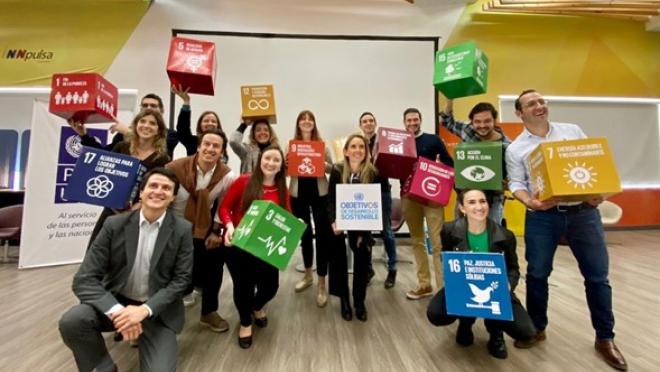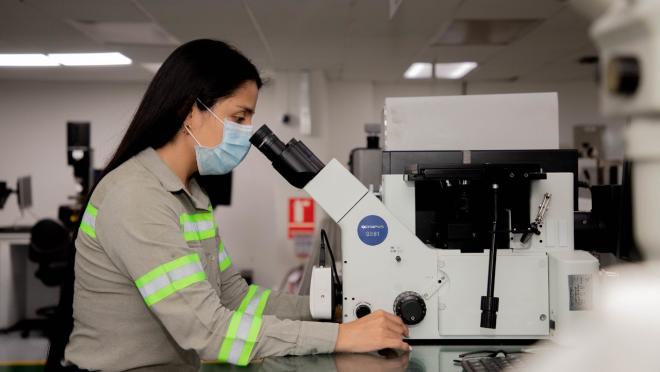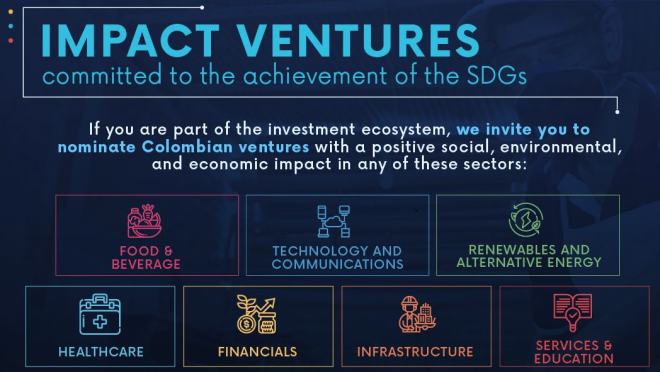Colombia has a track record of prudent macroeconomic and fiscal management, anchored on an inflation targeting regime, a flexible exchange rate, and a rule-based fiscal framework, which allowed the economy to grow uninterrupted since 2000. Also, Colombia halved poverty over the past ten years.
However, productivity growth is low and it has actually been a drag on economic growth. A large infrastructure gap, low skill levels, low trade integration and barriers to domestic competition are among the factors that weigh on total factor productivity. Exports are highly concentrated in non-renewable commodities (oil in particular), which increases the exposure of the economy to price shocks. Finally, Colombia is one of the countries with the highest income inequality and labor market informality in Latin America. After accelerating to 3.3% in 2019, economic growth was on track to accelerate further in 2020, but the COVID-19 pandemic hit the economy hard, causing the worst recession in almost half a century.
The Government responded promptly to the crisis and took decisive actions to protect lives and livelihood, and to support the economy. On the fiscal front, the Government announced a sizable fiscal package for 2020 and 2021 totaling over almost 3% of 2019 GDP, to provide additional resources for the health system, increase transfers for vulnerable groups through the expansion of existing programs and the establishment of new ones (Ingreso Solidario, an unconditional cash transfer program, and VAT reimbursements for low-income segments of the population), delayed tax collection in selected sectors, lower tariffs for strategic health imports, and help for hard-hit firms to pay employees (Programa de Apoyo al Empleo Formal, PAEF). In addition, the government also set up special lines of credit and loan guarantees for firms in sectors that have been deeply affected by the crisis. To ensure adequate fiscal support, the suspension clause of the fiscal rule was activated for 2020 and 2021. On the monetary front, the central bank cut its intervention rate by 250 basis points between March and September and reduced it to its lowest historical level. In addition, it introduced a broad range of measures to increase liquidity.
20
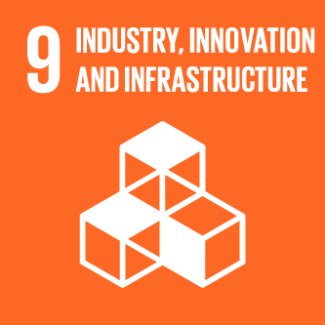
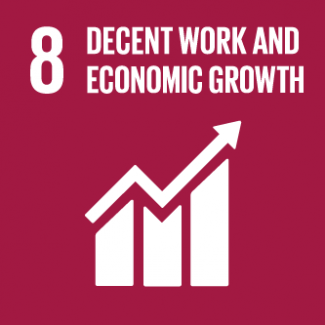
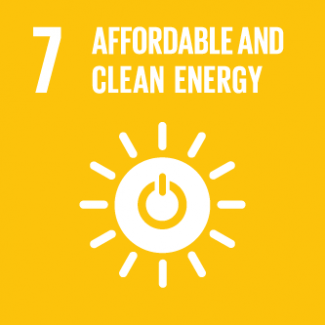
Technology and Communications, Food and Beverage, Renewable Resources and Alternative Energy
0.767
How is this information gathered?
SDG Investor Maps employ an 8-step methodology, combining data research and stakeholder consultations to identify Investment Opportunity Areas (IOAs) and potential business models with significant financial and impact potential.
Disclaimer
UNDP, the Private Finance for the SDGs, and their affiliates (collectively “UNDP”) do not seek or solicit investment for programmes, projects, or opportunities described on this site (collectively “Programmes”) or any other Programmes, and nothing on this page should constitute a solicitation for investment. The actors listed on this site are not partners of UNDP, and their inclusion should not be construed as an endorsement or recommendation by UNDP for any relationship or investment.
The descriptions on this page are provided for informational purposes only. Only companies and enterprises that appear under the case study tab have been validated and vetted through UNDP programmes such as the Growth Stage Impact Ventures (GSIV), Business Call to Action (BCtA), or through other UN agencies. Even then, under no circumstances should their appearance on this website be construed as an endorsement for any relationship or investment. UNDP assumes no liability for investment losses directly or indirectly resulting from recommendations made, implied, or inferred by its research. Likewise, UNDP assumes no claim to investment gains directly or indirectly resulting from trading profits, investment management, or advisory fees obtained by following investment recommendations made, implied, or inferred by its research.
Investment involves risk, and all investments should be made with the supervision of a professional investment manager or advisor. The materials on the website are not an offer to sell or a solicitation of an offer to buy any investment, security, or commodity, nor shall any security be offered or sold to any person, in any jurisdiction in which such offer would be unlawful under the securities laws of such jurisdiction.




















